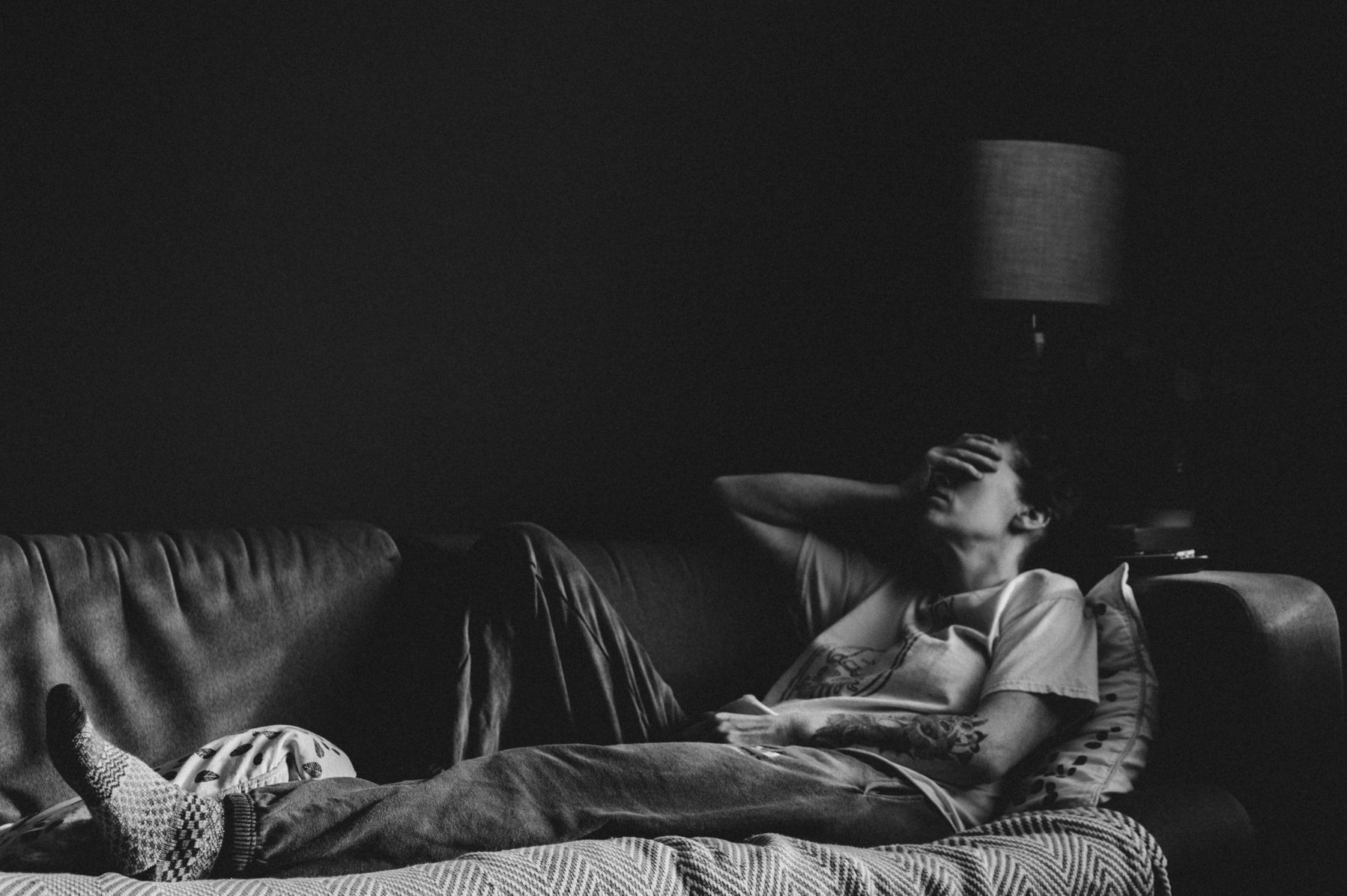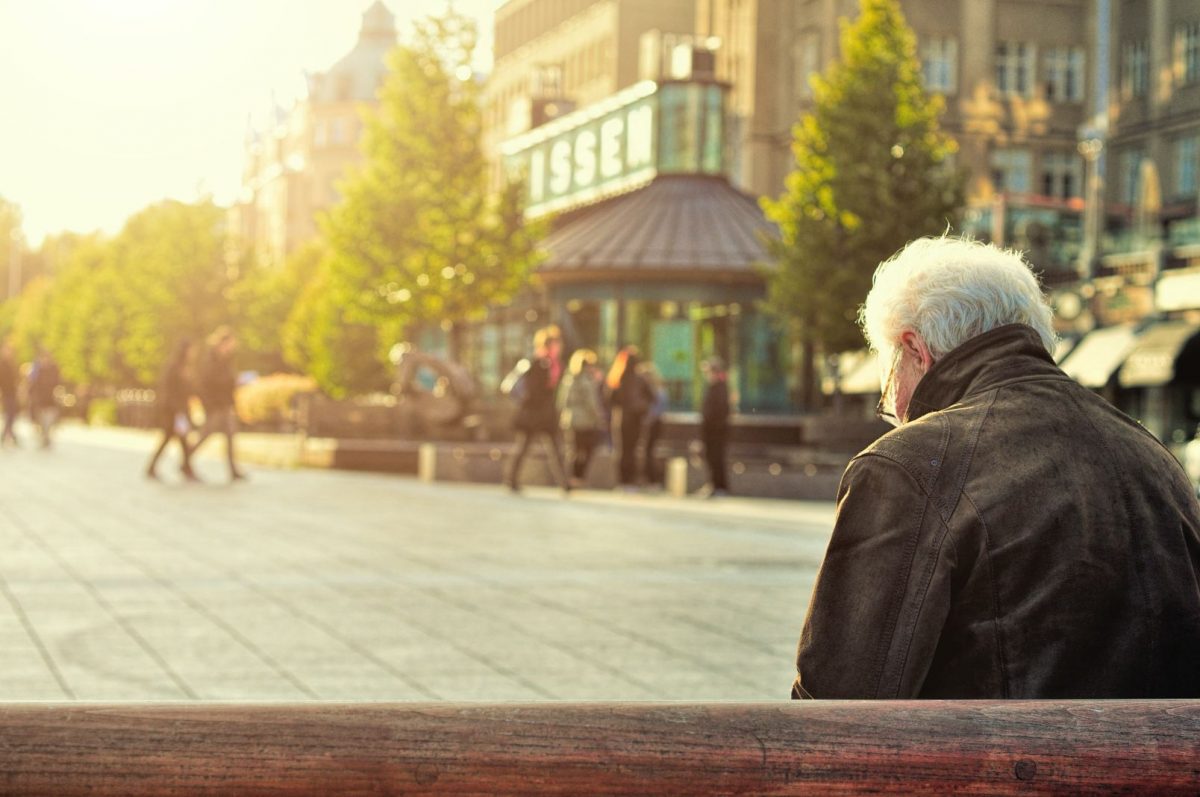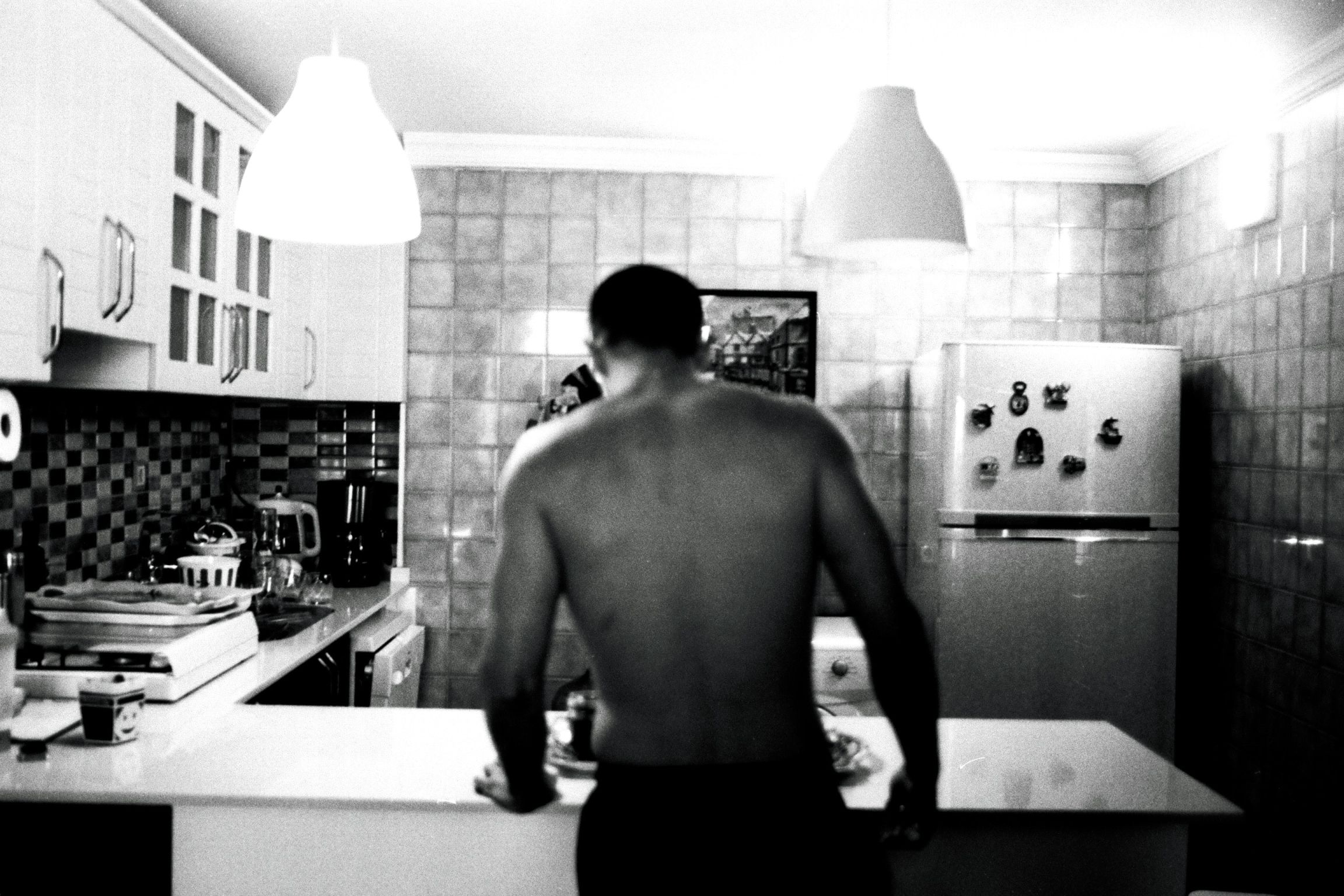Sleep & Addiction intersect in all sorts of ways. Good and bad.
Poor sleep makes addiction more likely to start. Poor sleep can worsen the problems associated with addiction. Poor sleep makes relapsing after treatment more likely.
On the other hand…
Good sleep can keep addictions away. Good sleep helps us fight addictions. Good sleep makes recovery stick.
Why such a messy, tangled-up relationship between the two? It happens because both sleep and addiction affect the same areas of our body’s internal systems.
Let’s dive into the reasons behind this entanglement. It’s the only way we can get back to sleep!
(Hint: The big takeaway here is that you CAN improve your sleep. And your improved sleep helps you with everything – including addiction recovery!)
Which Comes First, Poor Sleep or Addiction-Related Sleep Disruption?
We hate to use this answer, but…it depends.
Sometimes a person has sleep issues, and they turn to an addictive substance (alcohol, prescription drugs, even marijuana) to help them sleep. Sometimes a person develops sleep issues after using an addictive substance for a while.
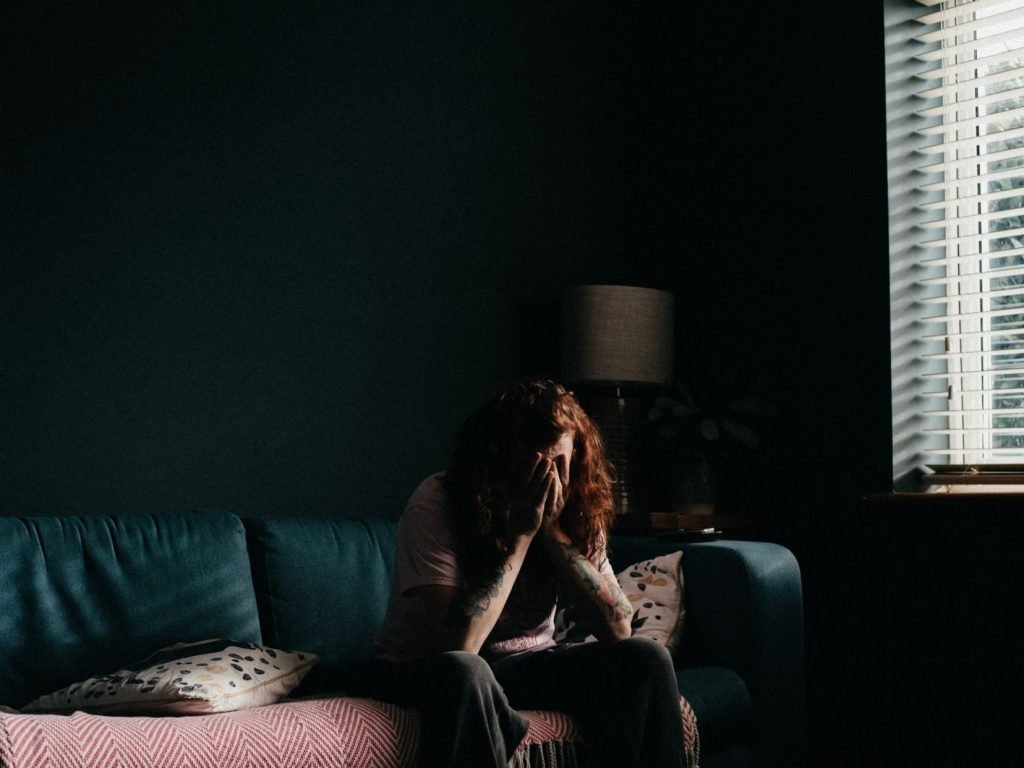
In both cases, this becomes a vicious cycle, ruining your quality of sleep and quality of life.
How does it happen? Like this:
- Say you have trouble falling asleep for a few days. So you decide to have a drink before bed, or smoke a little marijuana, to relax you. You’re treating the substance like a sleep aid…just enough to work.
- The trouble is, that one drink loses its ability to help you sleep fast. So you take two a night. Then four. Your tolerance for alcohol builds.
- The addiction creeps further, night after night, until you don’t even try for a good night’s sleep without drinking yourself unconscious.
- Does that mean you’ll actually get a good night’s sleep? Nope! It’s still terrible. Over and over, night after night, worse and worse.
Addictive substances don’t help sleep over the long term. They disrupt it, in one of four ways:
- Breathing trouble while sleeping (sleep apnea)
- Disruption of the sleep/wake cycle by keeping you up too long, or making you sleep too long
- Shallow sleep (you can’t stay asleep for long, keeping you from attaining the deep REM sleep needed)
- Insomnia
How do they do this? By damaging your brain.
How Addictive Substances Disrupt Your Sleep
Nature.com published an article explaining a variety of reasons for sleep disruption. It talks about different parts of the brain, and how addictive substances affect each one.
Addictive substances (especially opioids) usually stimulate a part of the brain called the LC-NE System. Sleep turns this system off for a while…under normal conditions. However, if LC-NE is still stimulated during nighttime hours – by use of addictive substances earlier in the day – you’ll have real trouble going to sleep!
The brain’s ECS system regulates several different processes, like our appetite, pain sensation, mood, and even memory. ECS stands for “endocannabinoid,” which means it has some similarities with cannabis. This is why marijuana use often makes us drowsy. However, the ECS system can develop a tolerance to cannabis use…which results in insomnia.
The brain’s Orexin system helps us stay awake. Heroin and related opiates supercharge this system, causing us to feel hyperactive and happy. It also makes falling AND staying asleep really difficult.
More at the link: https://www.nature.com/articles/s41386-019-0465-x
What’s the Cure? Treat the Substance Use to Rescue Your Sleep
Sleep is one of the rehab process’ main priorities. It has to be, for you to enter and stay in recovery!
Sleep helps us to balance our brain chemistry and allows the body to clean out toxins and chemicals (including some addictive substances).
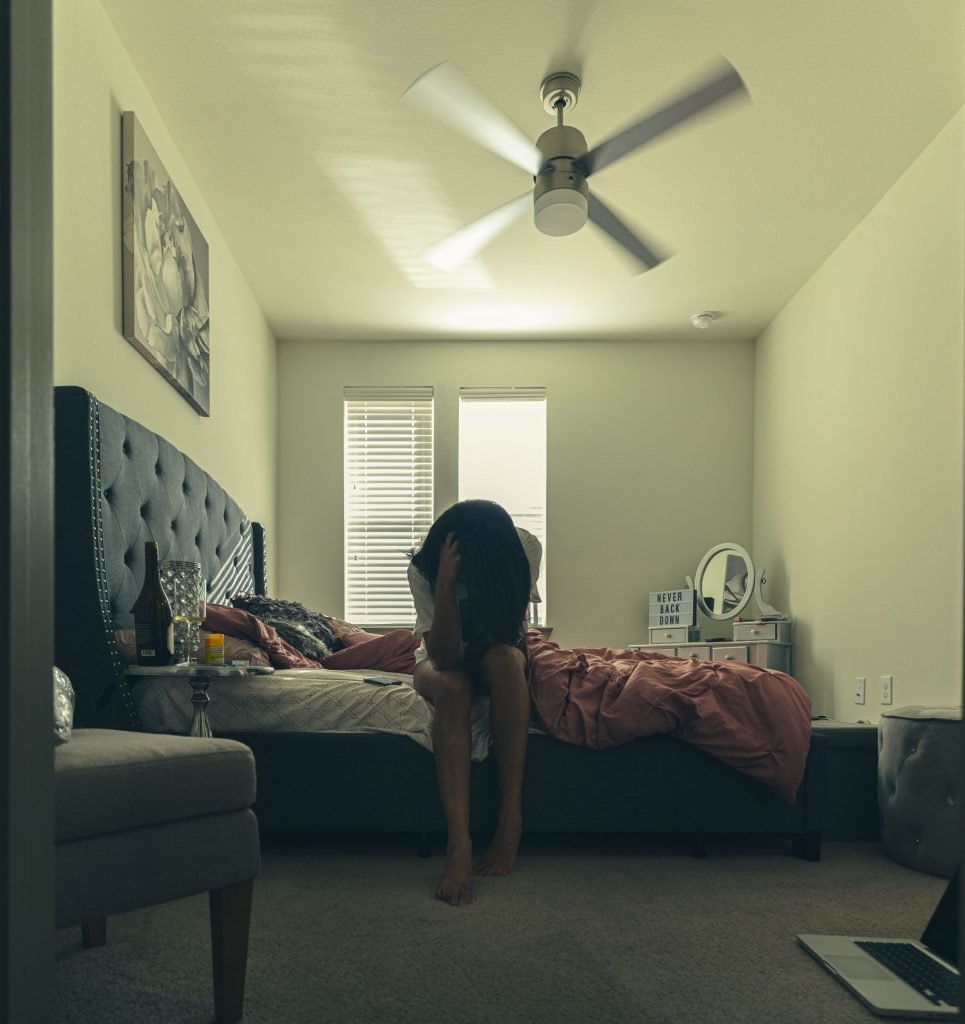
What Happens with Sleep During an Addiction Treatment Program
Most rehab programs (including ours) put strong emphasis on a good, peaceful night’s sleep. Inpatient rooms use curtains to block light and thicker walls to minimize sound. Outpatient programs teach you how to maintain a proper sleep routine.
While in treatment, you’re encouraged to report any sleep issues to your counselor. You might have just had a bad day, and that’s OK. But you might also have a withdrawal effect manifesting as sleep disruption, and counselors should help you with it so it doesn’t continue.
For example, you may experience insomnia during treatment, even if you didn’t before. This sometimes occurs during withdrawal/detox and early treatment stages. The body’s trying to rid itself of the addictive substance on all levels. It will pass with time and a little care.
How to Improve Your Sleep
You don’t have to enter treatment just for help with poor sleep. (We definitely recommend you do so if it’s addiction-related, of course!)
We all need, and we all deserve a great night’s sleep. Like we said before, everyone can improve their sleep at any point. Here’s how to make the best use of sleep during treatment, while in recovery, or any other time!
- Set a sleep time and stick to it. (Yes, this includes on weekends.)
- No caffeine, smoking, or heavy meals for 3 hours prior to bedtime.
- Make the bedroom as dark as possible. Use curtains on windows, unplug nightlights (or get motion-activated ones). Try an eye mask too.
- Create a ‘sleep ritual’ to follow each night. These can include certain behaviors like:
- No phones, computers, or TV for at least 90 minutes before bedtime
- Keep the bedroom quiet – windows closed, no music, etc. (Use a fan for white noise if you find this makes you uneasy.)
- Do the same things prior to sleep each night: Read a book, take a shower, etc.
These tips came from Vertava Health, DrugAbuse.gov, and SSH’s own counselors.

Start on the Better Sleep Track Tonight
Whether you’re suffering from an addiction, you recently entered recovery, or you’re teetering on the edge of “just one drink before bed,” don’t accept that sleep just isn’t coming. If nothing else, getting better sleep can motivate you toward stopping the addiction!
What’s your sleep routine like these days? Does it work?

